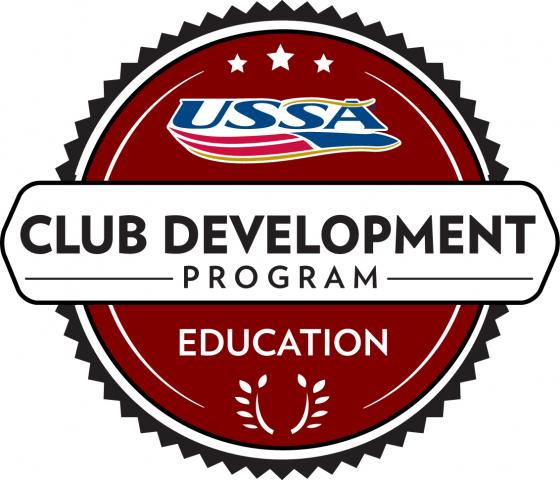Volunteer Management and Retention
Volunteer Management and Retention
Volunteers are a key component of any successful sport organization, and are ultimately an extension of your staff. It is not too much to include volunteers in all the similar practices described above such as:
This may seem like a lot, especially for organizations that simply struggle to get enough volunteers. However, over time, a professional approach to volunteers will make them feel important and valuable, and is ultimately in the best interest of the club from both cultural and legal perspectives. Often, clubs that treat volunteers more like staff will see an increase in the number of volunteers that want to get involved.
Volunteers provide useful skills and knowledge that the organization may not otherwise be able to attract or afford. Whether the volunteer is a full time resource or only pitching in for a single event, it is important to keep them informed, motivated and eager to repeat the service.
Volunteer Retention
Retaining volunteers is important to the success of any organization. You will expend less time and effort in training and your program will function more efficiently. In order to keep your volunteers involved, use them in areas that enhance their interests and skills. This will make the job more interesting for the volunteer and, in turn, they will be more effective for the organization. Before jumping into any activity, identify what tasks need to be done and what the requirements are. Will the task require technical knowledge, a certain kind of personality or the use of a car? How much time will be required? Be sure that the volunteer has the appropriate skills and resources (equipment, supplies, clothing, etc.) to do the job. Make sure that the volunteer knows and understands the requirements as well. For instance, not all volunteers are well suited for a full day of outdoor winter activities.
Communication is a key factor in retaining volunteers. By keeping everyone well informed your volunteers will feel more involved. They will be current on upcoming events as well as organizational values. Your staff also needs to be aware that the volunteer is available and has interesting and useful work to do.
Someone who knows how to delegate responsibilities usually leads a successful volunteer organization. Work needs to be distributed evenly so no one person feels overburdened or ill-used. This will prevent burnout later on. Finally, encourage active volunteers to recruit new volunteers to work with them.
Officials and Judges
Officials, many of whom are volunteers (therefore apply all of the above to them), play a critical role in young athletes achieving their goals and dreams. In the case of paid officials and judges the same staffing and volunteer best practices apply. The USSA sanctions over 4,000 individual competitions annually and provides an educational system for over 5,600 USSA officials. Those competitions would not be possible without those dedicated officials and other competition volunteers.
Officials ensure that USSA competitions run efficiently and fairly by the rules. They are responsible for the safe conduct of the event and the accurate timing, judging and scoring. They also play a key role in ensuring that the spirit of the sport and competition is maintained. Overall, officials are responsible for providing the best possible experience for USSA athletes.
Parents often make great officials. It keeps them busy while their children are involved, it helps them better understand the rules of the sport, and it helps the club and coaches in filling important positions when hosting competitions. However, parents often have a life cycle of involvement based on their children, so encourage new parents to learn a position before an experienced parent leaves. Creating and maintaining strong relations with a network of well-trained and certified judges and officials is a key factor in club success.
|


